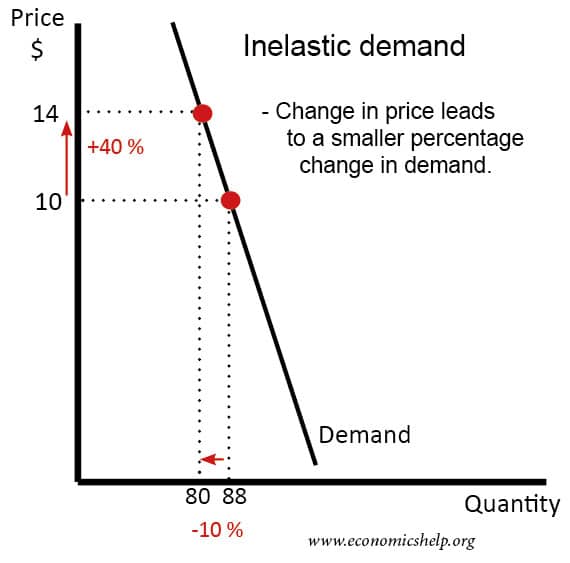- Joined
- Mar 27, 2014
- Messages
- 63,691
- Reaction score
- 33,774
- Location
- Tennessee
- Gender
- Male
- Political Leaning
- Undisclosed
Well, if you don't, you just don't. I agree to differ with you on that.
You seem insouciant to the fact that were he to win the competition, all he'd have got was, as you put it, bragging rights. His gambit to put literally his and others' "all" on winning was his choice. Nobody made him do that.
Remember, you introduced the notion of his "all" being on the line, a notion that didn't exist in my presentation of the competition, and you offered no alterations to the rest of the scenario.
So what you did is set up a scenario that position him to win nothing more than anyone who risked nothing other than their pride, yet my friend could and did risk far more than that. And you assumed my friend would enter the competition taking such a risk. I assure you, no friend of mine would be so stupid as to even enter a competition having the terms of the one you've proposed. That said, friend or foe, if one against me entered such a competition as you proposed and lost to me, I would take from them that which they wagered. Poor choices/risk freely made/taken have consequences.
- It was still a competition, the rules of which had to be known in advance to all competitors, and, presumably, by some conjuration of yours, there is some provision that allows one to voluntarily wager something on the chance of their winning the competition.
- You didn't indicate I wagered anything; thus as before your revision of the parameters, I still stood to gain bragging rights or lose a bit of personal pride.
- You didn't indicate the prize for winning entails anything other than bragging rights; thus that, along with his and others keeping the "all" they wagered, is all he could have won.
I don't know why you decided to beat the dead horse of your original example, and ignore the clear point of that post. Your original analogy failed in my view, but I do not care to discuss it in lieu of the, you know, ACTUAL TOPIC. For the record, this was my actual point:
So the law is the law, and if the enforcing of it is arbitrary, and catastrophic for those randomly snagged, so be it because it's the law? I think that's a fair summary. Don't the merits of the law enter into this equation somewhere? If there are DISadvantages to enforcing it - as you suggest - then how can one be indifferent to the incredible human suffering, with no upside, of doing so rarely and arbitrarily?
And of course a law randomly and arbitrarily enforced, and also widely ignored, is an effective tool of tyranny, corruption, and oppression of all sorts. Cross the local mayor, back the wrong guy for sheriff, get crossways with the President or a powerful member of Congress, and a call to ICE can bankrupt you and send you to jail. If the law isn't evenly enforced against your competitors and neighbors, it's a DESCRIPTION of a corrupt system at least if not outright tyranny - a government of men, not laws.

